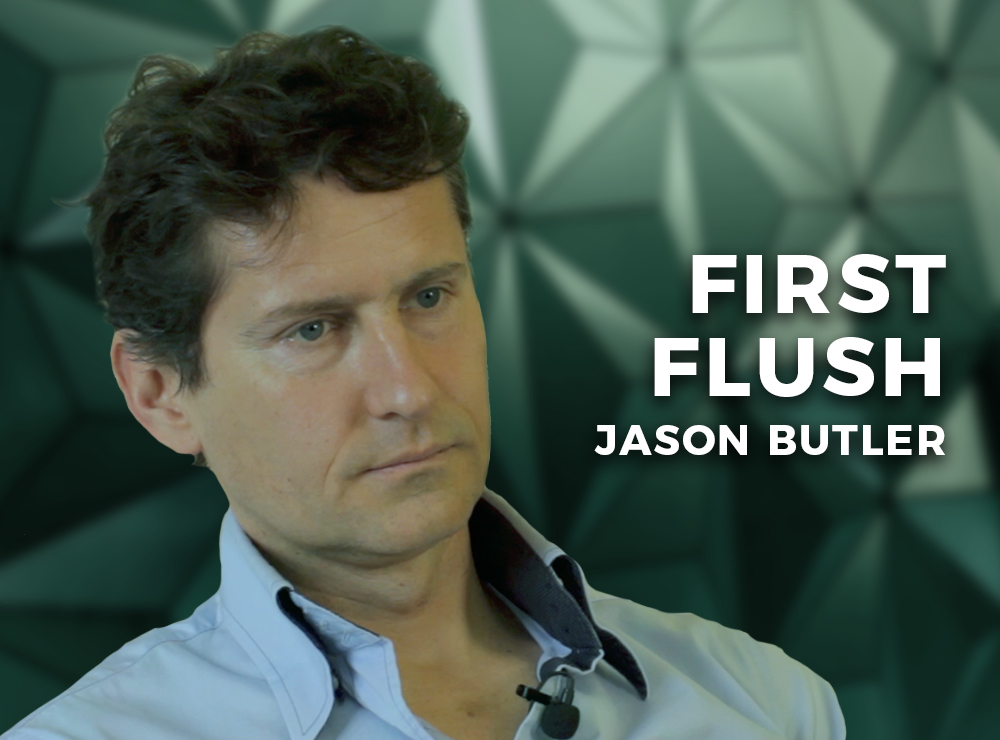
By JASON BUTLER
Never in all of history has it been easier to access information.
We can watch documentaries and the news on TV and YouTube. Listen to countless radio programmes and podcasts. Access online scientific and research papers, join online forums and watch webcasts. And, of course, we can read or listen to books in order to learn. The world is awash with information.
I bet you know lots of useful things. You know that you should exercise for at least 30 minutes and eat five portions of fruit and vegetables each day. You also know you need to get a good night’s sleep and drink plenty of water.
You probably know that you need to spend less than you earn, save and invest the difference and avoid debt. But knowing something is not enough. You need to do something with that information or it just means you’ll be great at pub quizzes.
The revered Russian playwright and fiction writer, Anton Chekhov, said, “Knowledge is of no value unless you put it into action.”
You can play the victim and blame everyone but yourself for not being where you want to be financially, or you can take responsibility for making a change for the better.
Ask yourself what good looks like
First, you need to answer this question: What does being good, or better, with money mean to you?
Write down in as much detail as you can how you’d feel, how you’d live and work, what your relationships would be like, and what impact you’d have on other people. You need to make this new relationship with money as vivid as possible, to make you want to take action.
When I was up to my eyes in debt in my 20s, I thought carefully about what being good with money meant to me. It meant never again feeling embarrassed, ashamed and guilty about my financial situation. I’d have enough for a comfortable lifestyle. I wouldn’t have most of my income sucked out of my bank account to meet debt repayments. And it also meant never again would I receive a final demand notice from a lender, because I would not owe a penny to anyone. I’d have the freedom to choose what I spent my time on and never sacrifice my principles for money.
So write down what being good with money would look like to you.
Focus on the first step
Then, answer this question: What is the first small step that you’d need to take to start to make this a reality?
Think in terms of a tiny, specific and manageable action that doesn’t seem too hard. For example, you might decide to print off your bank statements or download them to a spreadsheet or budgeting app. Don’t worry about analysing them. Just take the first step.
Then, as a next step, you could work out what you are spending on essential living. Don’t worry about doing a full analysis. Then you could look at fun spending and, next time, future spending.
Just thinking about the next small step and no further makes the process of getting a handle on your money more manageable and less daunting. And if you need any more justification to spend some time regularly dealing with your finances, think of it like being paid for overtime at work. You’ll inevitably find ways to trim expenses and be more intentional with your money, which will end up in reduced debt and more savings.
Develop a routine
And each week’s money-related task could be paired with an existing habit or routine, to make it even easier.
For example, you could spend 15 minutes on your finances before you read your book, brush your teeth or clean your home. It’s only a small task, and it won’t take long.
So, take one small step this week to move your finances forward. Do that every week, and after a year you’ll have made 52 steps toward a much better relationship with money. And you’ll also have established financial self-care, rather than mindless financial sabotage, as a crucial part of who you are.
JASON BUTLER is a former financial planner, based in Suffolk. He is a personal finance columnist for the Financial Times, and is Head of Financial Education at Salary Finance. You can find out more about him on his website.
If you’re interested in reading more from Jason, here are some other articles he’s contributed to TEBI:
Is going to university worth the cost?
Should you buy or rent in the current housing market?
Your retirement could be longer than you think
How to stop money spoiling your relationship
No emergency fund? Start one now
Learn from your money mistakes
What does your financial wellbeing look like?









